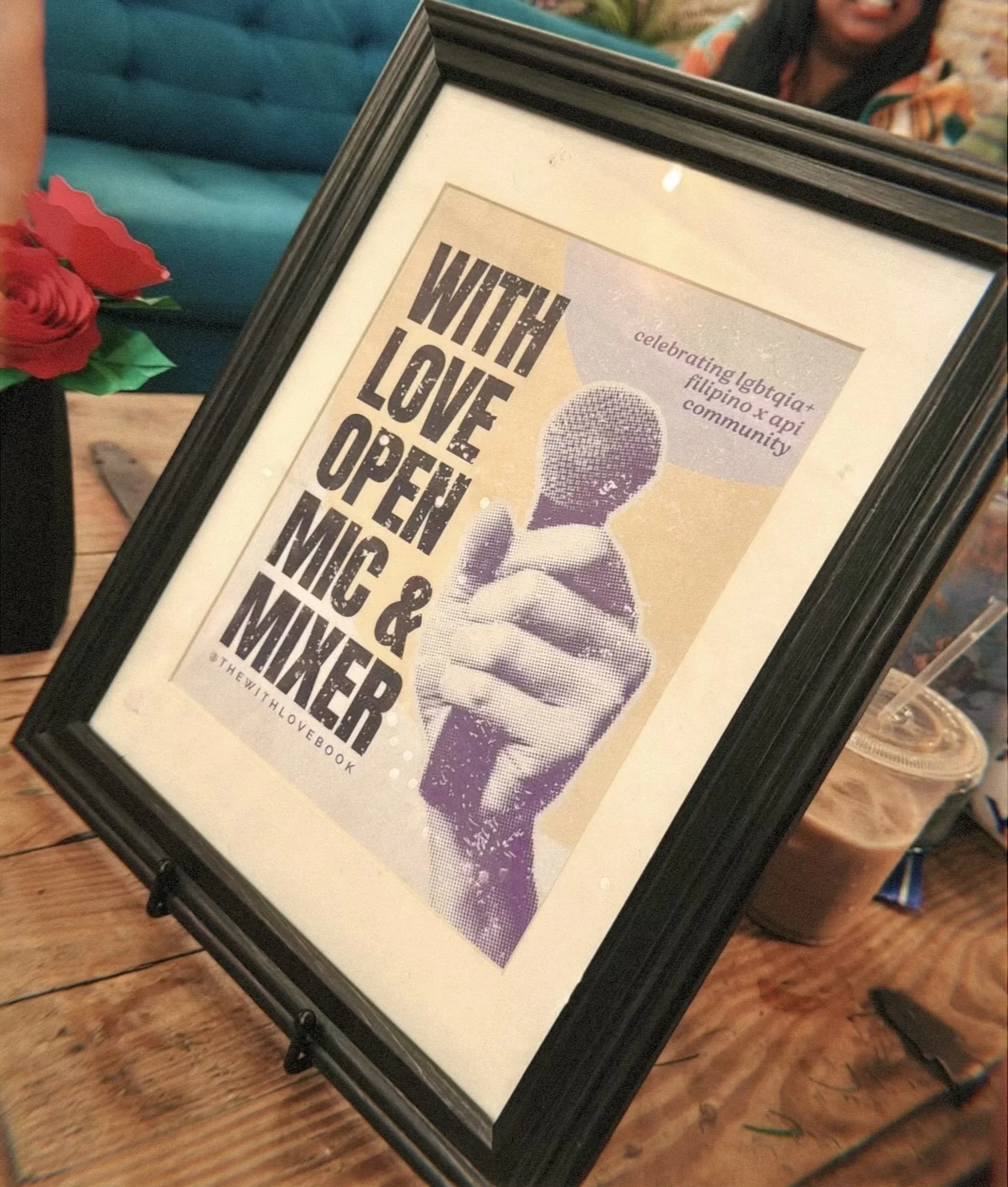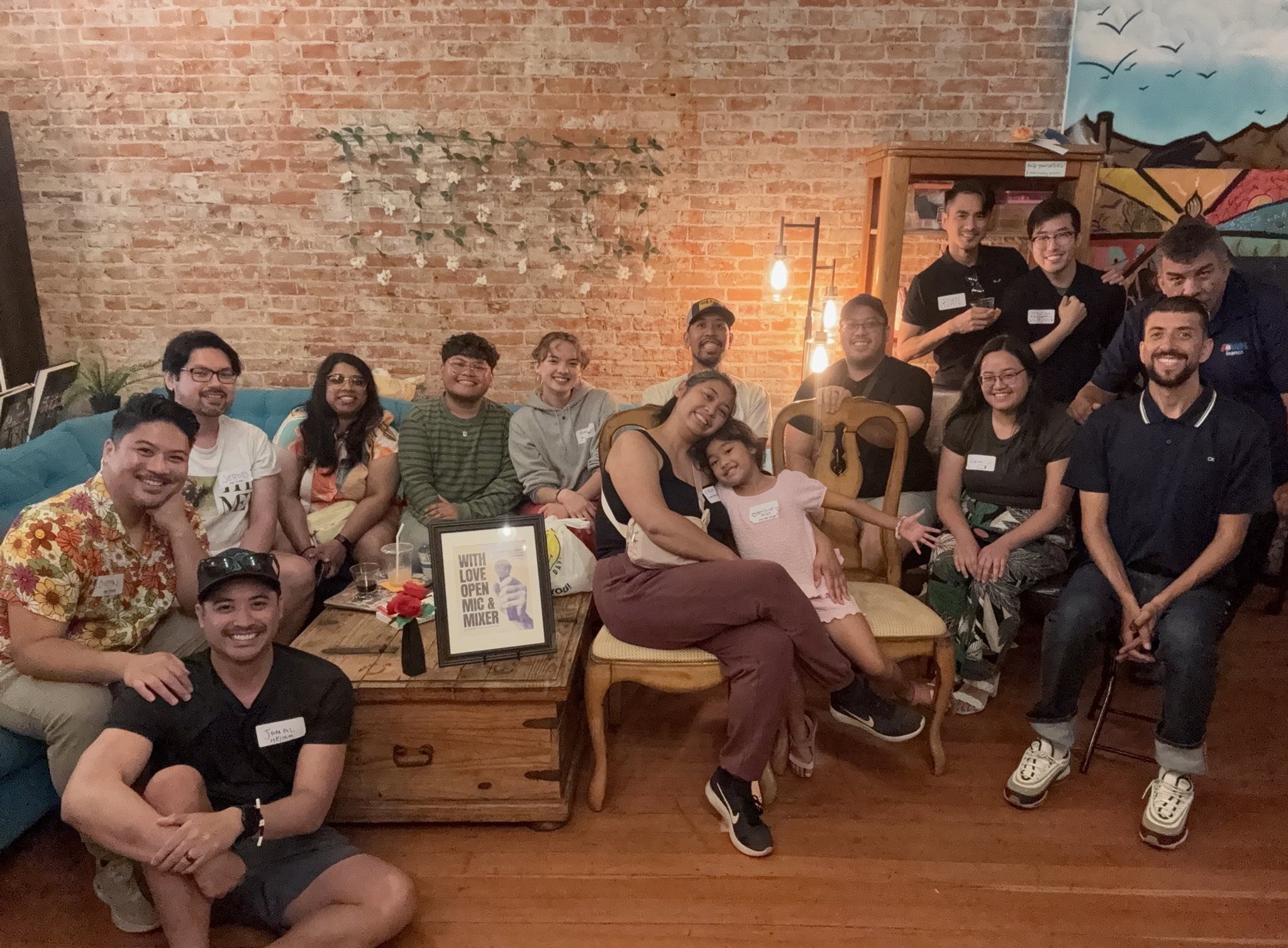By Jordan Dove, 2025 CLA Intern
My first few weeks at CAUSE have intersected with the waning weeks of June—Pride Month. As a proudly queer and trans Filipino American, I took this overlap as an opportunity to explore intersectional community contexts, celebrating both my queer and cultural identities.
Growing up, I rarely had the opportunity to externalize my queerness. After six years of being “out and proud”, this was still my first June attending a Pride event. I kicked off the month walking in the West Hollywood Pride Parade with State Senator Ben Allen, then flew to Washington DC the following weekend to volunteer at World Pride with the National Headquarters of the Red Cross. After my first week at CAUSE, I attended my third Pride of the month: Santa Monica’s Pride on the Promenade with my oldest friend, Lani.
Attending an event like this was much different from staffing one, but what struck me about all three of these larger gatherings was their simple intention. The purpose of these events was simply to be there. To me, being queer can often feel ostracizing, like being the ugly duckling in the bevy. These celebrations, with their massive crowds and loud, vibrant performers offered evidence that my life experience was shared by and reflected in the people occupying these spaces with me. They were a vivid reminder that queerness can come with community, should you choose it, and that community can come with power.
To close out Pride Month, I attended the With Love open mic and mixer, a celebration of queer API and Filipinx/a/o voices at Café Con Libros. It was hosted by the author of With Love: What We Wish We Knew About Being Queer and Filipino in America, Dustin Domingo. We shared pieces of original works or potent excerpts we’d bookmarked. We sang. Those who might have faded into the background of larger settings were ushered into our circle and received with warmth and rapt attention. It felt like comparing notes and stumbling upon a somehow-missed revelation; a sort of joy in mutual discovery.
To be queer in an API space and exhale comfortably into it—to verbalize things so often left unsaid—made this event easily the most impactful of those I attended this June. Pride is not seasonal. We carry it with us in every room, every day of the year, even if we may be the only ones in some rooms doing so. Being queer and API makes commonality even scarcer.
In the intimate spaces community leaders like Dustin create, those walking this path can briefly walk it together. We can compare notes that keep us safe and empower each other to take the next steps on our individual journeys. Visibility is important, and larger Pride events are important to elevate queer issues to the forefront of public consciousness. But the hearth of our community, the warmth of it, is rooted in our ability to participate in conversations like these—in the vulnerability of fireside storytellers and the open arms of their listeners.
The views and opinions expressed in this publication are those of the author and do not reflect the views or positions of CAUSE or the CAUSE network.
The CAUSE Leadership Academy (CLA) for students is a nine-week, paid, internship program that prepares college undergraduates to lead and advocate for the Asian Pacific Islander community on their campuses and beyond.




